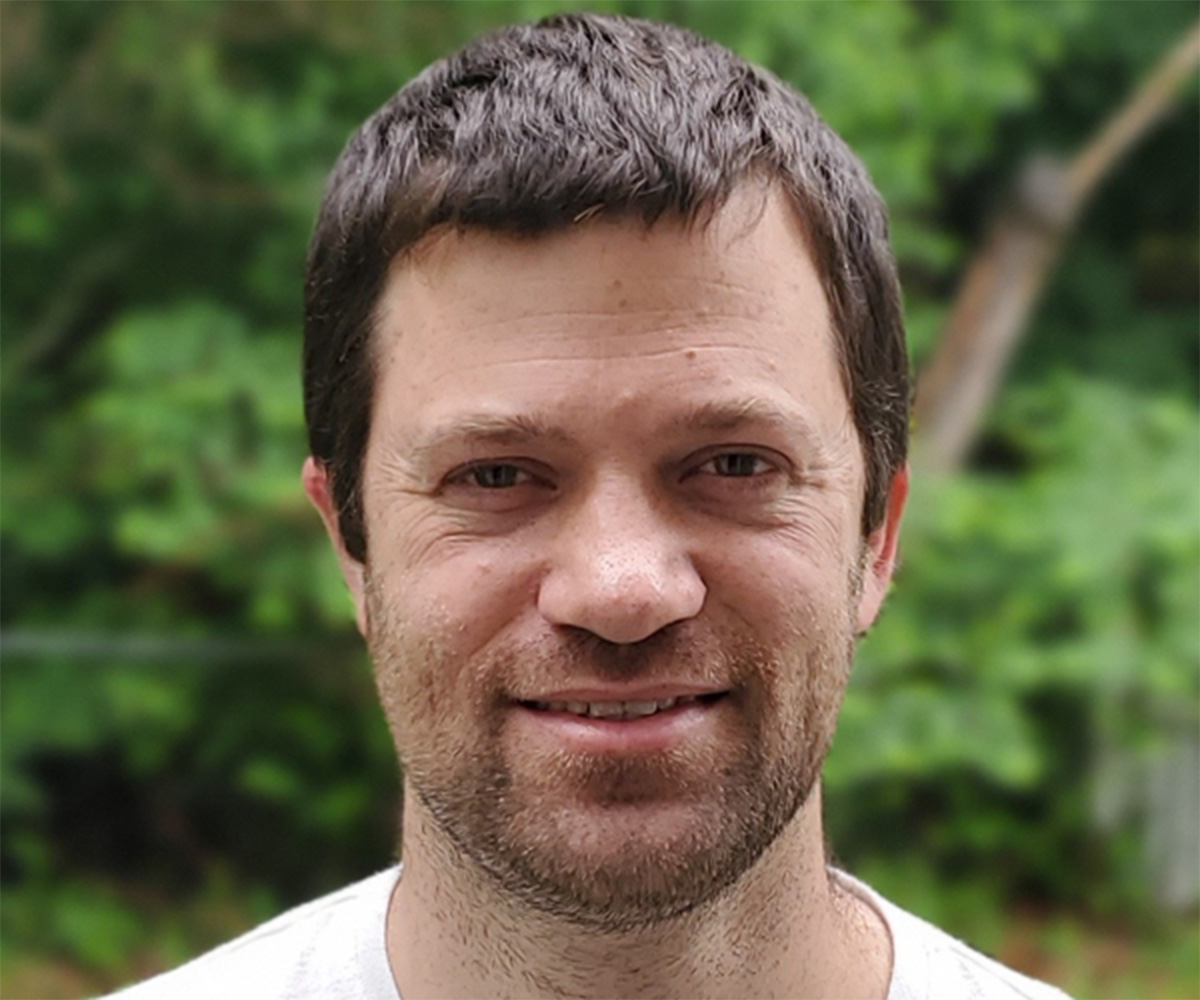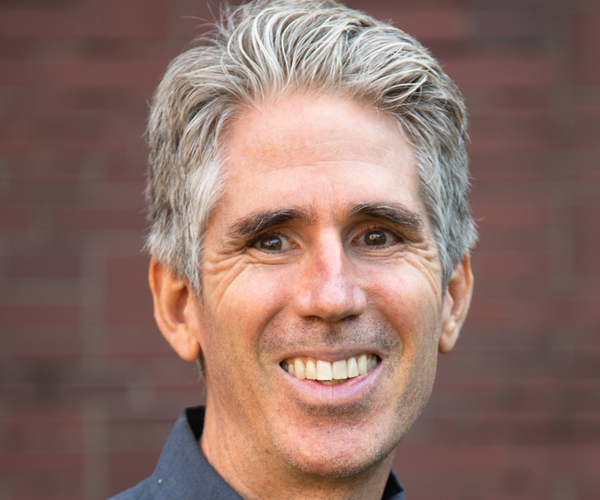



Researchers led by Ludwig Princeton’s Asael Roichman and Branch Director Joshua Rabinowitz reported this summer findings from a pair of studies in mice examining the influence of diet on cancer therapy. In the first, they explored how ketogenic diets, which are rich in fat and very low in carbohydrates, enhance the effects of cancer drugs in mice. That enhancement was thought to stem from the tendency of keto diets to lower insulin and blood sugar levels. They reported in a May paper in Cell that the enhanced efficacy conferred by keto diets to PI3K inhibitors has less to do with changes in carbs, fat, blood sugar or insulin than with the molecular complexity of the diet. The ketogenic food consumed by mice lacks the complex mix of phytochemicals that are present in standard chow. It turns out that gut microbes break down phytochemicals, namely soyasaponins derived from soybeans, into molecules that induce the expression of the detoxifying liver enzyme cytochrome P450. Elevated production of these enzymes in chow-fed mice drives the rapid clearance of PI3K inhibitors by a pharmacokinetic mechanism. The researchers also show that a high-carbohydrate but low-phytochemical diet—as well as antibiotics that suppress the gut microbiome—enhance PI3K inhibitor activity in the mice. These findings highlight interactions between diet and the microbiome as important factors in the efficacy of cancer therapies. They also open opportunities to develop new strategies for cancer therapy that take into account such factors as a patient’s diet, microbiome composition and recent use of antibiotics, which alter the ecosystem of commensal bacteria.
The second study explored why a diverse microbiome and consumption of fiber-rich foods correlate with favorable immune checkpoint blockade (ICB) outcomes in the clinic. It has not been clear by what mechanism this occurs and, hence, what patients really need to eat to benefit. Asael, Josh and their colleagues, with equal contributions from the laboratories of Ludwig Princeton’s Eileen White and Yibin Kang, investigated gut microbiome composition, metabolite levels and ICB responses in mice fed grain-based chow or purified diets with differing quantities of isolated fibers (cellulose and inulin). Their studies revealed that dietary fiber appears to have limited or inconsistent effects on ICB efficacy in mouse models. They reported in a June publication in Cancer Research that other dietary factors that correlate with fiber intake may underpin clinical correlations between fiber consumption and immunotherapy efficacy.
Microbiome metabolism of dietary phytochemicals controls the anticancer activity of PI3K inhibitors
Cell, 2025 May 19
Dietary Fiber Lacks a Consistent Effect on Immune Checkpoint Blockade Efficacy Across Diverse Murine Tumor Models
Cancer Research, 2025 June 20